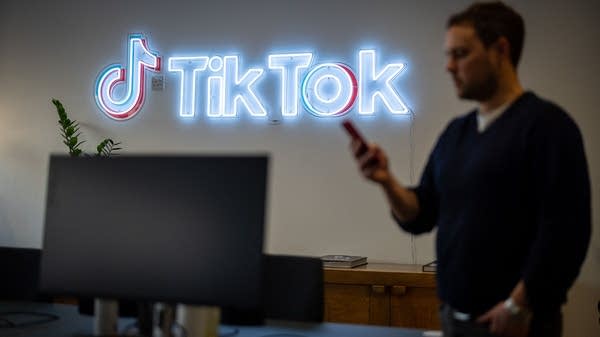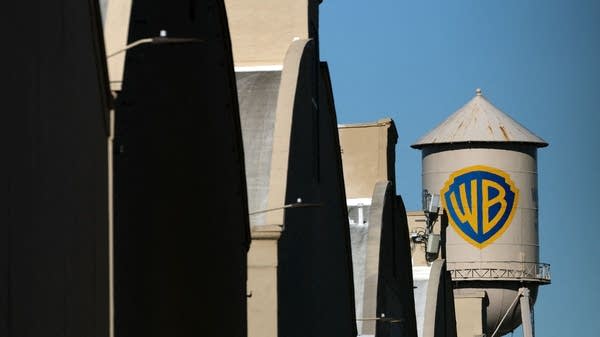New uses for predictive contracts raise questions over what constitutes gambling
Six states have taken legal action against companies like Kalshi and Robinhood over the contracts.

Around the time of the 2024 presidential election, some stock trading apps started offering the option to buy contracts on who would win.
Predictive contracts let people with a hunch try to cash in on that hunch for guesses about all kinds of things, like who might be the next Nobel Peace Prize winner or how many tornadoes will hit the U.S. this month. Now, traders can buy predictive contracts for everything from the Fed’s next interest rate decision to who will win the World Series.
Though these businesses face backlash from some states which say the practice is akin to gambling, the options are taking trading apps by storm. Kalshi, a predictive market company, now pairs with online brokerage platform Robinhood to offer these contracts.
“We do think that this is going to be one of the largest financial instruments that's out there,” said Sara Slane, head of corporate development for Kalshi.
Trade prices fluctuate on demand, but the payout is always $1 per contract. So, traders could buy 10 contracts predicting which team will win the NBA final. And if they’re right, they get $10. If they’re wrong, they get nothing.
According to Slane, Kalshi processed more than $1 billion in prediction trades this year for just two events: the Super Bowl and March Madness. It’s capitalizing on predictions that traders have already been making for years.
“Like what GDP, growth rates, inflation levels, unemployment, weather derivatives,” said Johnny ElHachem, a partner at Holland and Knight who specializes in gaming regulation. “What is happening now is that we could say we're, like, at a crossroads, where financial innovation and public regulation are colliding.”
They’re colliding because six states now say the contracts are essentially bets and not properly regulated or taxed. They’ve issued cease and desist letters to Kalshi and Robinhood.
It’s a classic battle of state versus federal jurisdiction.
“At the end of the day. This is a federalism fight,” said Andrew Kim a partner specializing in gambling at the law firm Goodwin. “Congress left it unclear as to what kind of role that the state regulators should play in this space.”
As of now the states seem to be losing. The federal Commodity Futures Trading Commission gave Kalshi approval for trades last year, and state attempts to challenge that in court have, so far, failed.













